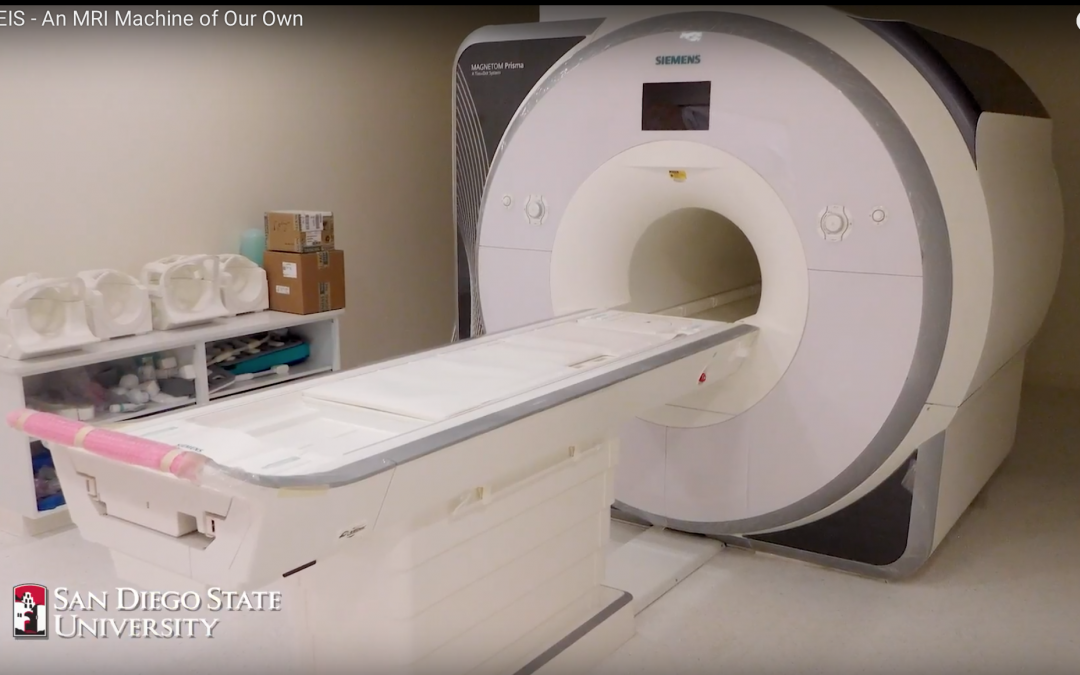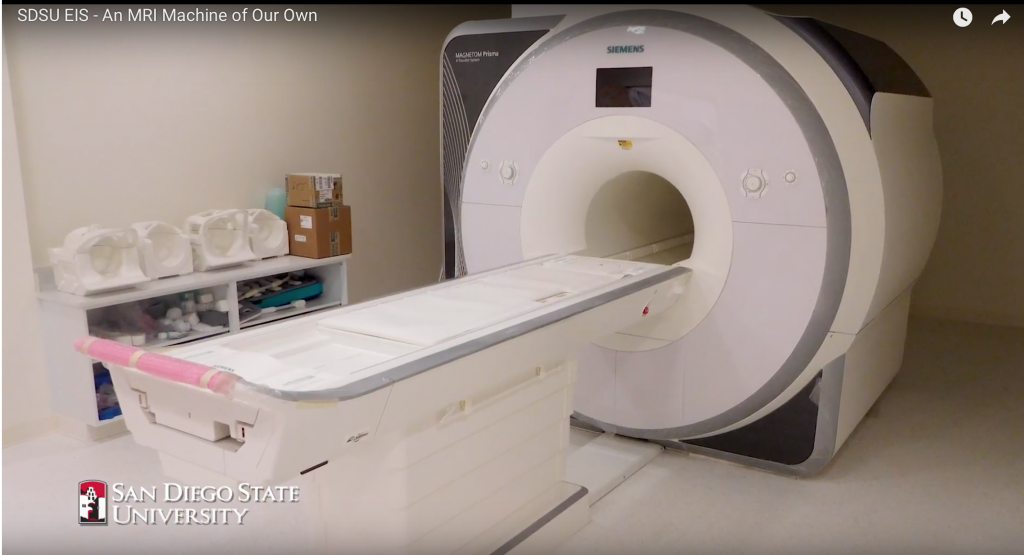Dr. Jennifer Thomas Looks at the Neural Underpinnings of Fetal Alcohol Syndrome
By comparing and contrasting brain images of people with various disorders and cognitive strengths and weaknesses, scientists can learn a great deal about how the structure of the brain gives rise to those traits. At SDSU, researchers like Ralph-Axel Müller, Inna Fishman and Ruth Carper study the brains of children and adults with autism, and Jennifer Thomas, Sarah Mattson and Ed Riley look at the neural underpinnings of fetal alcohol syndrome.
One advantage of having an MRI machine on campus is that SDSU researchers will be more competitive in winning grants to study these and other areas in the future. And it will encourage novel experimentation to tackle the big, bold problems in neuroscience, Sereno said. When you have to go through the trouble of using someone else’s machine, your work tends to be more conservative, tried-and-true. Having a machine of one’s own means SDSU scientists can afford to take greater risks for greater rewards.


